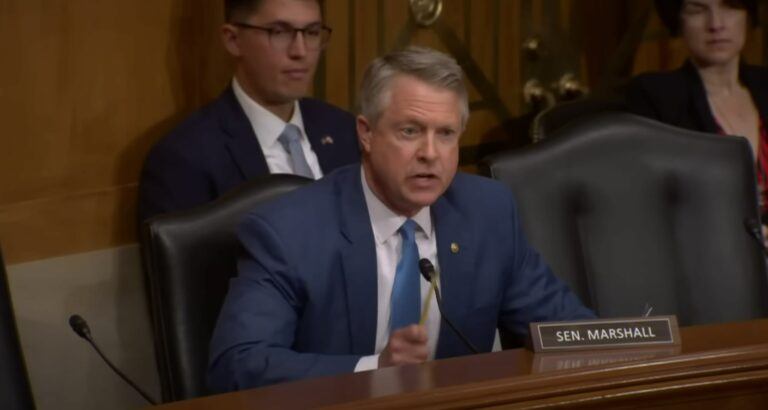Recent updates on the Digital Asset Anti-Money Laundering Act of 2022, a bill sponsored by Senator Elizabeth Warren (D-MA) on 15 December 2022 that proposes stringent banking regulations on crypto technology in the U.S., reveal substantial backing and involvement from key banking institutions and industry groups.
The bill mandates specific federal financial agencies to formulate regulations concerning digital assets. It requires the Financial Crimes Enforcement Network (FinCEN) to classify providers of digital asset wallets, cryptocurrency miners, validators, and similar entities as money service businesses. Additionally, FinCEN is tasked with mandating U.S. individuals to report any cryptocurrency transactions exceeding $10,000 in foreign accounts. Owners and administrators of digital asset kiosks are also required to submit and regularly update the physical locations of these kiosks every three months.
The Department of the Treasury is instructed to forbid financial institutions from engaging in transactions or business with digital asset mixers, privacy coins, and other technologies that enhance anonymity. This also includes digital assets that have been made anonymous using these technologies.
Furthermore, the Treasury, along with the Securities and Exchange Commission and the Commodity Futures Trading Commission, is directed to develop processes for risk examination and review, focusing on anti-money laundering requirements for entities they regulate.
Drafting of the Anti-Crypto Bill: U.S. Senators Roger Marshall and Elizabeth Warren, who first introduced the bill in December 2022, have been actively collaborating with big banks in its drafting. In a video from December 20, surfaced on social media platform X, Senator Marshall revealed that they sought assistance from the American Bankers Association (ABA), the largest lobbying organization for the U.S. banking industry, to help craft the bill.
Additionally, Senator Warren’s meeting with JPMorgan CEO Jamie Dimon, where he reportedly agreed that “crypto was only a tool for criminals,” further underscores the banking industry’s influence on the legislation.
The crypto community has reacted strongly to these revelations. Coinbase CEO Brian Armstrong expressed disappointment in Senators Warren and Marshall for siding with banks and warned that being anti-crypto could be a poor political strategy heading into the 2024 elections.
Armstrong cited five reasons why a tough stance on crypto might be politically disadvantageous: the significant number of U.S. citizens holding crypto (52 million), the belief among 38% of young people that crypto can boost economic opportunities, the 90% year-to-date increase in crypto prices, only 9% of Americans being satisfied with the current financial system, and the growing support for the Stand With Crypto Alliance, a nonprofit advocating for the crypto industry.
The bill has gained momentum with five new senators, including three Banking Committee members, co-sponsoring it as of December 11. The Bank Policy Institute (BPI), another prominent U.S. banking advocacy group, has also backed the legislation.
Featured Image via YouTube









